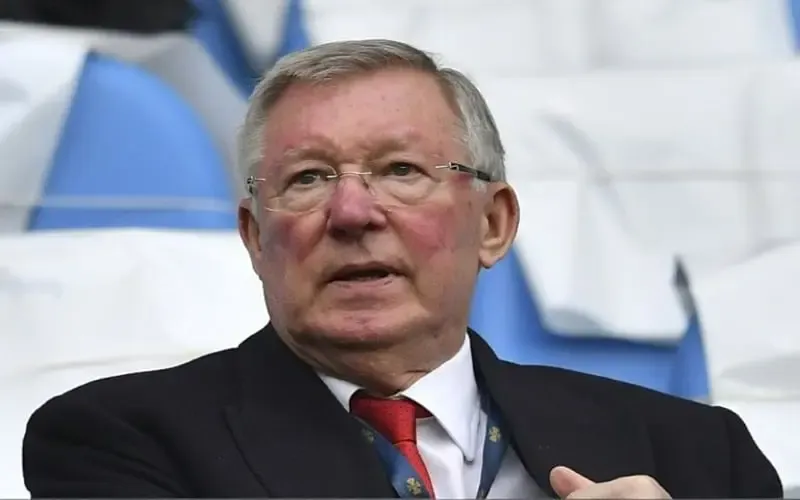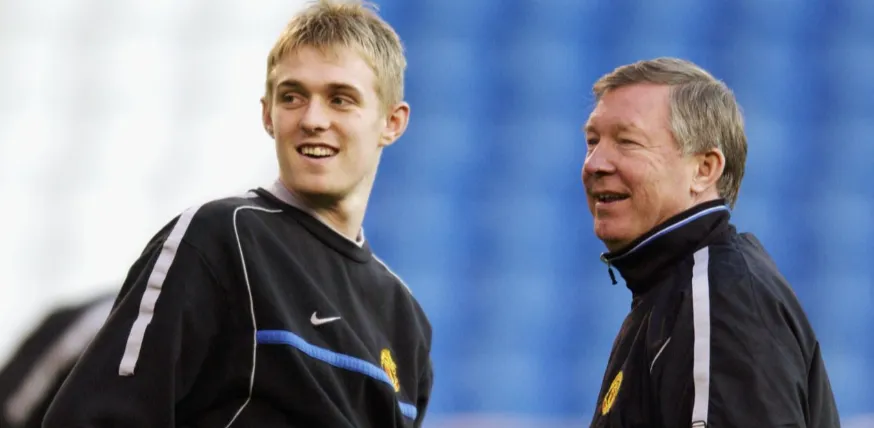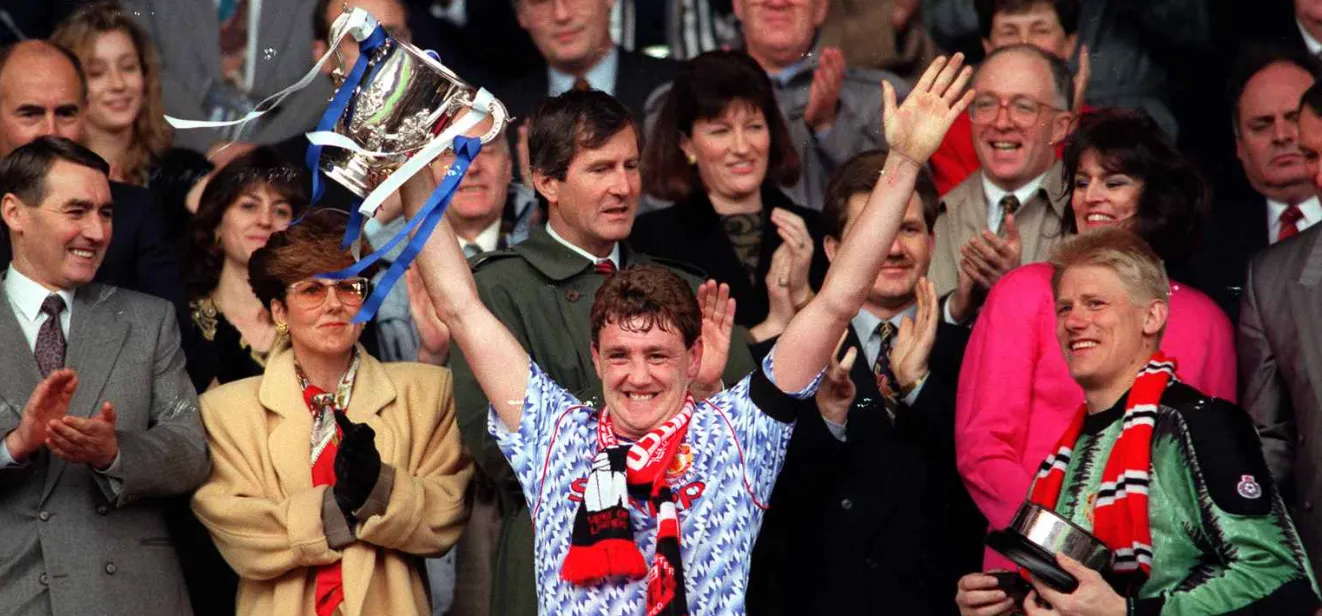Sir Alex Ferguson, a name synonymous with success in football, is widely regarded as one of the greatest managers in the history of the sport. Born on December 31, 1941, in Glasgow, Scotland, Ferguson's remarkable journey from a promising footballer to a managerial legend is a testament to his resilience, strategic brilliance, and unrelenting drive for excellence.
Early Life and Playing Career
Growing up in a working-class family, Ferguson honed his football skills on the streets of Govan, a district in Glasgow. His playing career began at Queen's Park, and he later played for clubs such as St. Johnstone, Dunfermline Athletic, and Rangers. Known for his sharp instincts as a striker, Ferguson scored regularly but never reached the same heights in playing as he would in management.
The Managerial Journey Begins
Ferguson's managerial career started in 1974 at East Stirlingshire, where he quickly gained a reputation for his intense passion and discipline. A year later, he took the reins at St. Mirren, leading the club to the Scottish First Division title. His remarkable success caught the attention of Aberdeen, where Ferguson cemented his reputation as a master tactician.
At Aberdeen, he broke the dominance of the Old Firm (Rangers and Celtic) by winning three Scottish league titles, four Scottish Cups, and the European Cup Winners' Cup in 1983. His achievements in Scotland showcased his ability to build teams capable of competing at the highest level.
Manchester United: The Dynasty
Ferguson took over as Manchester United manager in November 1986, inheriting a struggling side. His first few seasons were challenging, but his determination and vision never wavered. By 1990, he had won his first major trophy at United, the FA Cup, which marked the beginning of an era of dominance.
Under Ferguson's guidance, Manchester United won:
- 13 Premier League titles
- 5 FA Cups
- 4 League Cups
- 2 UEFA Champions League titles (1999, 2008)
- 1 FIFA Club World Cup
- Numerous other trophies
One of Ferguson's greatest achievements was the historic treble in 1999, when United won the Premier League, FA Cup, and Champions League in a single season—a feat unmatched in English football.
The Ferguson Philosophy
Ferguson's success was built on his ability to adapt to changing times, foster talent, and create a winning mentality. He had a keen eye for spotting potential, nurturing players like Ryan Giggs, Paul Scholes, Cristiano Ronaldo, and David Beckham into global superstars. His leadership, man-management skills, and motivational speeches inspired countless players to achieve greatness.
Retirement and Legacy
Ferguson retired in 2013, leaving behind a legacy that is unparalleled. He penned his memoir, My Autobiography, sharing insights into his career and philosophies. His influence extends beyond football, as he remains an ambassador for the sport and a mentor to aspiring managers.
Honors and Recognition
Sir Alex Ferguson was knighted in 1999 for his services to football. Statues, stands, and tributes at Old Trafford immortalize his contribution to Manchester United and the game itself.
Sir Alex Ferguson: The Icon
Sir Alex Ferguson's impact on football is immeasurable. His relentless pursuit of excellence, ability to inspire, and tactical genius have set the benchmark for managerial greatness. To Manchester United fans and the footballing world, he will forever be remembered as the architect of one of the greatest dynasties in the history of the sport.





